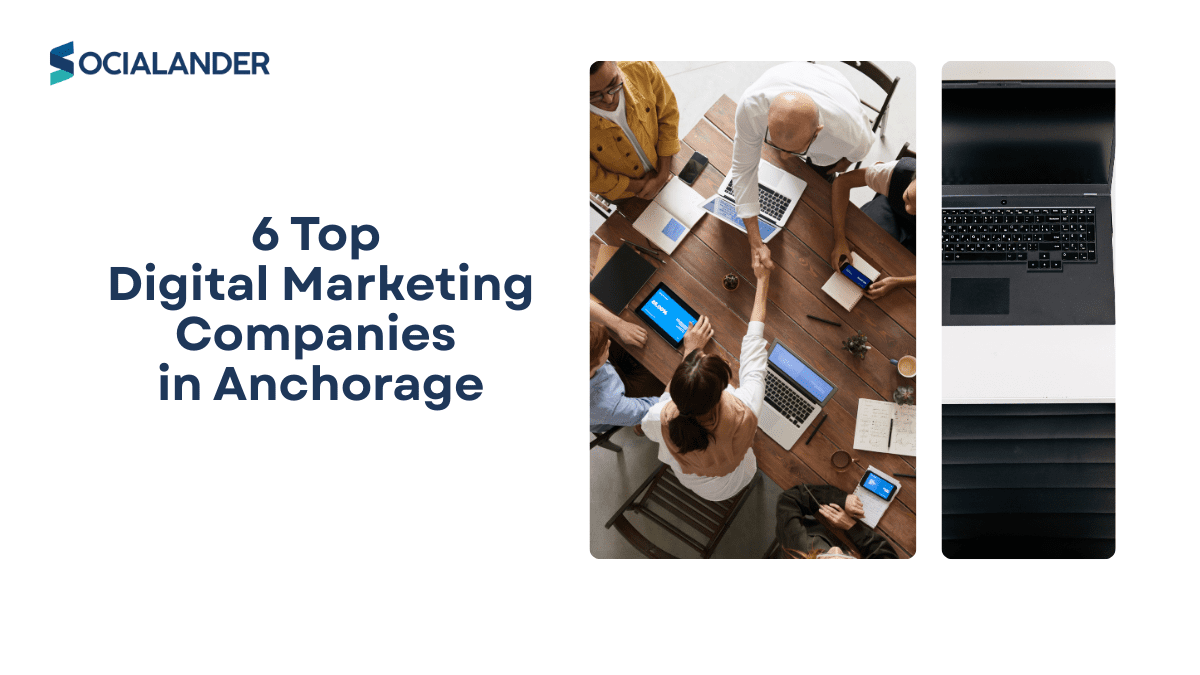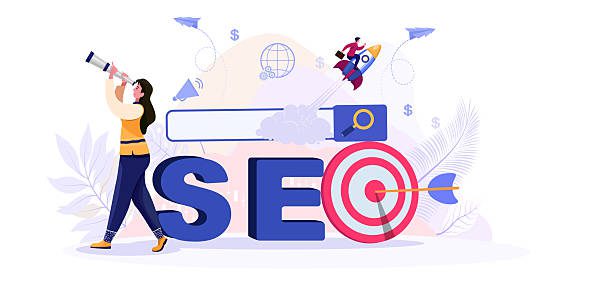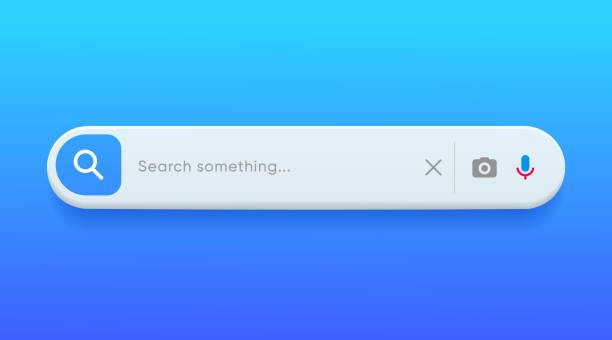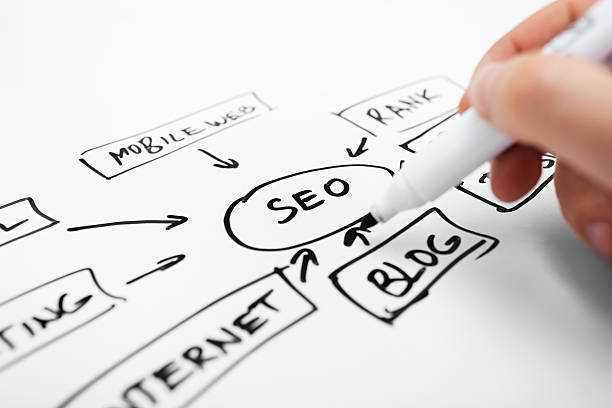The rise of artificial intelligence has sparked major debates across industries, and marketing isn’t left out. As AI tools become smarter at analyzing data, writing content, and personalizing customer experiences, many professionals wonder: Will marketing eventually be replaced by AI? In this article, we’ll explore what’s changing, what’s not, and what the next decade could mean for marketers, brands, and agencies that blend human creativity with AI precision.
The Current State of AI in Marketing
Marketing is undergoing a shift because of AI. More brands are using AI tools to automate parts of their workflow, analyze trends, and deliver more personalized campaigns. Yet while AI is taking on many tasks, human marketers continue to reign over strategy, emotional connection, and brand story.
A report in April 2025 by Martech found that 96% of marketers have fully or partially integrated AI into their marketing strategies. Another report shows that 88% of digital marketers already use AI in their daily tasks.
The market size reflects this momentum, too. The AI marketing industry is valued at about $47.3 billion in 2025 and could exceed $107 billion by 2028. That’s more than double in just three years, showing how fast companies are investing in these tools. This tells us that AI is very much part of marketing today, not just a future idea.
Where Humans Still Lead
Even as AI takes on more tasks, there are clear areas where humans continue to be irreplaceable, and these areas are the core of what makes marketing work.
Strategy and storytelling remain human territory. Defining brand purpose, long-term direction, and narrative arcs still requires human judgment. AI can suggest ideas based on data, but it can’t decide what your brand should stand for or how your story should unfold over the years.
Brand voice and emotional connection are another area where humans excel. Creating messages that people connect with requires understanding tone, context, culture, and emotion. A brand that sounds robotic or generic won’t build loyalty. Customers can tell when something feels off, and they respond to authenticity.
Cultural relevance and empathy-driven marketing demand a human touch. Understanding local nuance, identity, and values, and creating campaigns that feel human rather than mechanical, these skills separate good marketing from forgettable marketing. AI can analyze what worked before, but humans understand why it worked and how to adapt it for new situations.
In essence, while AI is becoming a strong partner, the human marketer remains important for the big ideas, the context, and the emotional glue that holds campaigns together.
At Socialander, we help brands harness AI without losing the human touch that makes marketing work. From strategy to execution, we blend useful AI tools with creative expertise to deliver campaigns that resonate and convert.
Marketing Tasks Most Likely to Be Replaced by AI
AI won’t replace marketing, but it will change many tasks, particularly those that are repetitive or highly scalable. Understanding which tasks are at risk helps marketers prepare and adapt.
Repetitive and Data-Heavy Tasks
Tasks that fit a pattern, involve large datasets, or routine workflows are prime for AI automation. These are the areas where AI already shows the biggest wins.
Data cleaning, customer segmentation, and report generation used to eat up hours of a marketer’s week. AI can process large volumes of data, identify segments based on behaviour and demographics. It can also generate dashboards and free human marketers from mundane tasks. What took a team days can now happen in minutes.
Real-time campaign monitoring and optimization is another major shift. AI can monitor campaigns around the clock, identify underperforming ads or channels, and adjust bids, creatives, or targeting much faster than manual methods. This means better results and less waste, but it also means fewer people need to watch dashboards all day.
Email marketing automation has moved beyond basic. AI now personalizes send times, subject lines, and content based on individual user behaviour. It can test variations and learn what works for different segments without human input for each decision.
Customer service chatbots handle routine questions, qualify leads, and guide customers through simple processes. They’re available 24/7 and can handle thousands of conversations at once. For basic queries, they’re often faster and more helpful than waiting for a human agent.
Because these tasks are largely operational, they are good candidates for AI handling, which means marketers must shift their role from doing to overseeing.
Read also AI vs Marketing Agencies to understand more about the AI and marketing agency discussion.
Creative Production at Scale
AI is also tackling tasks traditionally considered creative at scale and with human oversight. This is where things get interesting and a bit more controversial.
Automated ad copy, visuals, and A/B testing variations let marketers produce multiple versions of ads, refine them rapidly, and test performance. Tools can generate dozens of headlines or image variations in minutes. The human role shifts to selecting the best options and ensuring they align with the brand voice.
AI-powered media buying and bidding strategies have changed how ad budgets get spent. AI systems can evaluate which channels and audiences yield the best return, automatically adjust spend, and optimize placements based on real-time performance. This removes guesswork and improves efficiency.
Social media scheduling and posting tools now suggest optimal times, recommend content types, and even draft captions based on what’s worked before. They can’t replace a social media manager entirely, but they handle much of the routine posting work.
Video editing and production tools are getting smarter too. AI can cut footage, add transitions, generate captions, and even create short clips from longer videos. For basic social media content, this speeds up production significantly.
Overall, many of the tasks that are high-volume and rule-based will likely shift to AI systems, freeing marketers to focus on higher-value work like strategy, brand building, and creative direction.
Why AI Won’t Fully Replace Marketers
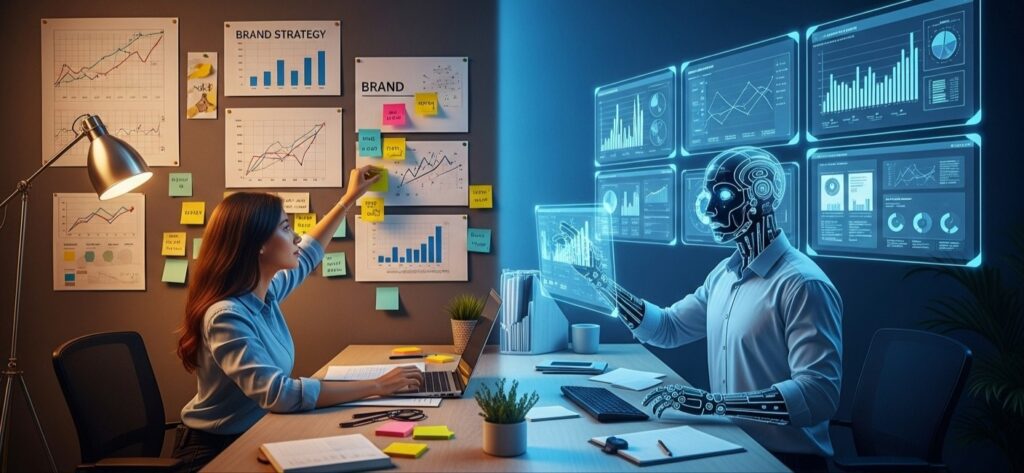
Despite the advances, several arguments point to why marketing will not be completely replaced by AI. In fact, the future likely involves humans and AI collaborating, each doing what they do best.
Emotional intelligence and empathy:
Building trust, understanding customer feelings, and adapting to nuance isn’t something AI can fake convincingly. Customers sense when they’re talking to a machine versus a person who genuinely understands their problem.
Storytelling, creativity, and intuition:
Big brand ideas, cultural relevance, authenticity, and surprise often come from human insight. AI can remix what exists, but breakthrough ideas that change how people think still come from humans.
Context understanding:
Humans understand broader context, cross-cultural subtleties, ethics, and moral implications, something AI still struggles with. A campaign that works in one market might offend in another. Humans catch these nuances before they become problems.
Relationship building:
This matters in B2B marketing. Trust gets built through conversations, shared experiences, and personal connections. AI can support this, but it can’t replace the human element of business relationships.
Crisis management
When a campaign goes wrong or a brand faces criticism, humans need to assess the situation, understand the emotions involved, and respond appropriately. AI can suggest responses, but humans make the call.
These human qualities ensure that marketers will still be needed to steer AI and to bring meaning beyond pure automation.
AI’s Technical and Ethical Limitations
AI also faces significant barriers and limitations that prevent it from taking over completely.
Data bias and lack of nuance
Research shows AI systems can reproduce biases or generate inappropriate content if not properly overseen. An AI trained on biased data will make biased decisions, which can damage brands and harm customers.
Privacy risks and brand trust challenges
As AI uses more data and personalization grows, customers may push back if automation feels intrusive or opaque. People want personalization, but they also want control over their data. Getting this balance wrong can destroy trust.
Regulatory and ethical barriers to full automation
Marketing is subject to regulation around data protection, consumer rights, and transparency. Full automation without human oversight could expose brands to legal trouble. Someone needs to be accountable when things go wrong.
Complex problem-solving and judgment calls
Some decisions require ethics, strategy, and trade-offs that go beyond pattern recognition. Should you enter a controversial conversation? How do you position your brand during a crisis? These aren’t just data problems.
AI can’t truly understand human experience
It processes patterns but doesn’t live in the world. It doesn’t know what it feels like to be your customer, face their challenges, or share their joys. This lived experience informs marketing that truly connects.
Because of these limitations, brands and marketers will need to keep human oversight, governance, and strategic judgment in place, not just rely on AI alone.
How Marketers and Roles Are Evolving
As AI becomes more embedded in marketing, roles are shifting and new skills are becoming important. Marketers must adapt to stay relevant, but this doesn’t mean everyone needs to become a programmer.
The Hybrid Marketer
The future marketer is not either/or (AI or human); they are a hybrid who blends tool mastery with human insight.
They know how to use and interpret AI tools, but also guide them, critique them, and infuse them with human values. Their roles will pivot to areas like AI oversight, creative direction, strategy formulation, and ensuring brand voice and ethics in AI-driven workflows.
Skills of the Future
To succeed in this evolving space, marketers will need new skill sets that bridge human and technical abilities, as listed below.
Prompt engineering and data literacy
Understanding how to provide inputs to AI, interpret outputs, and evaluate relevance and accuracy matters now. You don’t need to code, but you need to know how to ask AI the right questions and spot when it’s wrong.
Strategic thinking and ethical marketing
Developing high-level strategies, ensuring AI is used responsibly, aligning with brand values and regulatory frameworks; these become the marketer’s main job.
Collaboration between creative and technical teams
Marketers need to work with data scientists, AI engineers, creatives, and analysts to bridge disciplines rather than staying siloed. The best results come when different perspectives work together.
Critical thinking about AI outputs
AI will make mistakes, miss context, or produce bland content. Marketers need to catch these issues and fix them before they reach customers.
Adaptability and continuous learning
AI tools change fast. New capabilities emerge monthly. Marketers who succeed will be those who stay curious and keep learning.
In short, the future marketer isn’t replaced by AI; they are augmented by AI, and must grow accordingly.
Conclusion
AI is reshaping marketing, but not replacing it. The future belongs to marketers who can use AI to amplify creativity, insights, and impact. Agencies like Socialander, which merge human insight and AI tools, illustrate this path forward: not choosing between humans and machines, but fusing both for smarter, more human marketing.
If you’re a marketer or business leader, now is the time to invest in AI-aware skills, revisit your workflows, and plan for collaboration between human teams and AI systems. The question isn’t “Will marketing be replaced by AI?” – it’s “Will you adapt to succeed in the AI marketing world?”

